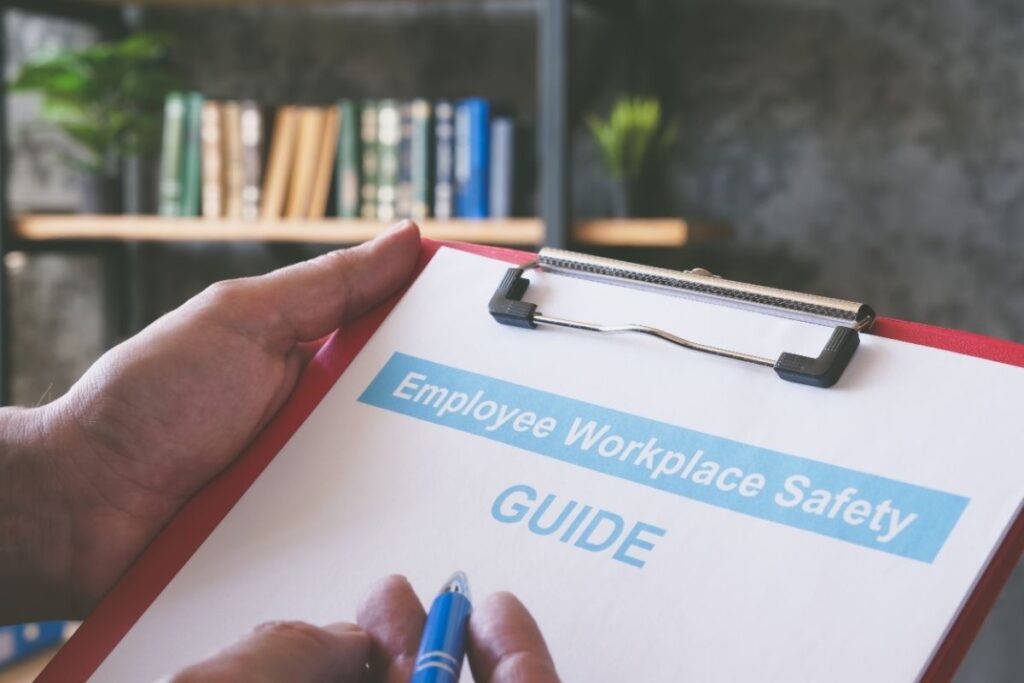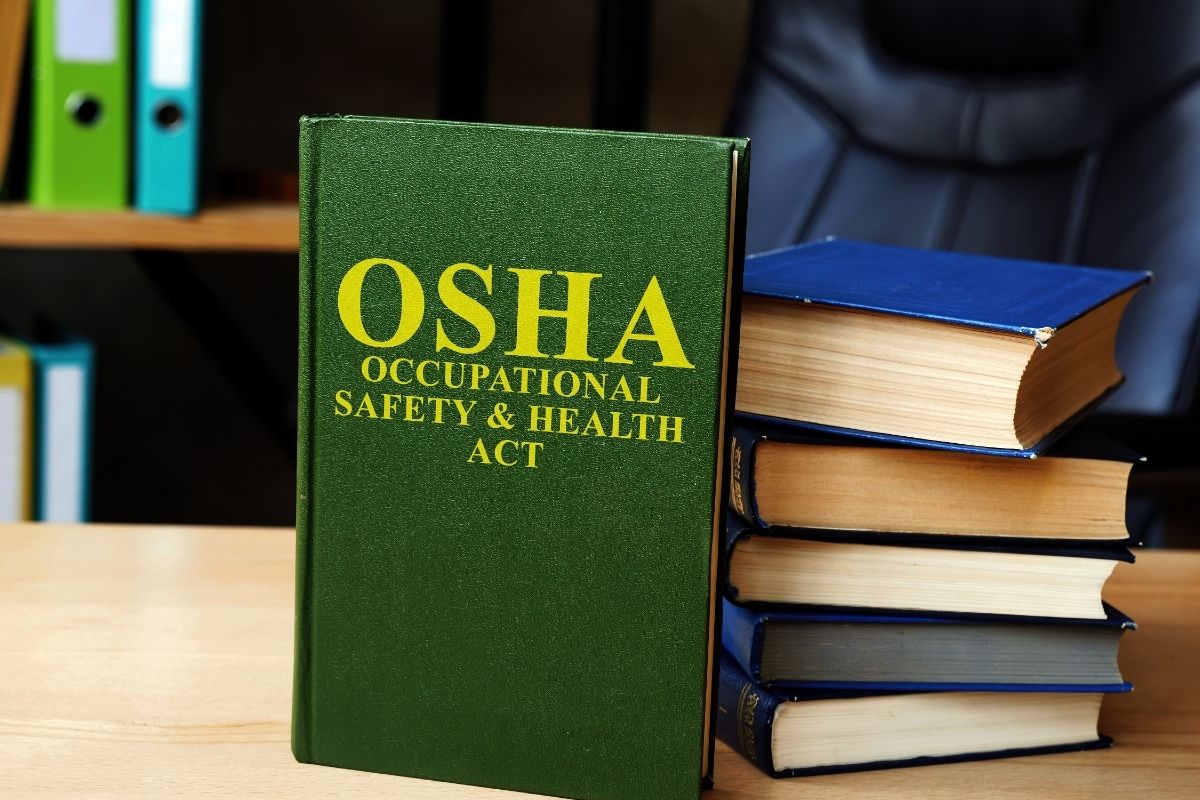The Occupational Safety and Health Administration (OSHA) plays a crucial role in protecting employees’ right to work in safe conditions and ensures workplaces are free from serious hazards. In addition to enforcing safety standards, OSHA provides avenues for reporting hazardous environments and strong protections for whistleblowers who report violations. Understanding OSHA’s protections and how employees can advocate for their safety is key to fostering healthier, more secure workplaces.
OSHA Protections: What Employees Need to Know
Under the Occupational Safety and Health Act (OSH Act), employees are entitled to several fundamental rights designed to protect their safety on the job. These include crucial safeguards further strengthened by workplace retaliation laws in Minnesota, ensuring that employees can exercise their rights without fear of reprisal. Some of the most important protections include:
- Safe Work Environments: Employers must provide a workplace free from serious recognized hazards and comply with OSHA’s standards.
- Training and Education: Employees have the right to receive training on safety procedures in a language and format they can understand.
- Access to Records: Workers have the right to review their employer’s workplace injury and illness records and request information about workplace hazards and OSH Act compliance.
Whistleblower Protections
One of the OSH Act’s key protections is the right to report unsafe conditions without fear of retaliation. This principle is strongly upheld, extending to whistleblower rights in Minnesota. If an employee raises a safety concern, the employer cannot penalize them through termination, demotion, or harassment. OSHA investigates retaliation claims and can order remedies such as reinstatement, backpay, and penalties against the employer. These protections give employees the legal backing they need to advocate for their safety without fear of repercussions.
Employees facing retaliation should:
- File a whistleblower complaint with OSHA within 30 days of the retaliatory act.
- Gather evidence of the retaliation, including emails, performance reviews, and witness statements.
- Consult with an employment law attorney at MSB to explore legal options beyond OSHA’s investigation.
Advocating for Workplace Safety
Employees play a crucial role in fostering safety-conscious work environments. Keeping up-to-date with OSHA regulations and workplace policies helps employees take a proactive approach to promoting safe workplace practices.
Some other steps employees can take to advocate for safe workplaces include:
- Reporting hazards to supervisors and documenting any concerns
- Participating in workplace safety programs to promote awareness
- Filing complaints directly with OSHA if safety concerns are ignored or go unresolved
- Understanding their rights, including protections from employer retaliation
Employer Responsibilities and Best Practices
Employers must comply with OSHA standards by identifying and mitigating potential workplace hazards through regular safety inspections and risk assessments. Clear safety policies and ongoing training help employees understand potential risks and proper safety procedures. Employers should strive to foster supportive environments where concerns are taken seriously and employees feel comfortable discussing safety issues. If navigating these complexities becomes challenging or problems arise, it may be time to hire an employment lawyer. A workplace where employees feel secure, supported, and informed is where productivity thrives.
Get Help Understanding Your OSHA Rights Today

Creating a safe workplace is a collective effort. By familiarizing themselves with OSH Act regulations and promoting workers to speak up, employees and employers can work together to prevent workplace injuries and illnesses. If you have concerns about workplace safety or need help understanding your rights under the OSH Act, consulting with an experienced employment law attorney at MSB Employment Justice can offer valuable guidance on navigating OSHA regulations. Contact MSB Employment Justice today to speak with our legal team.



